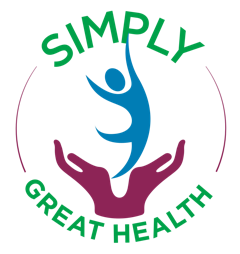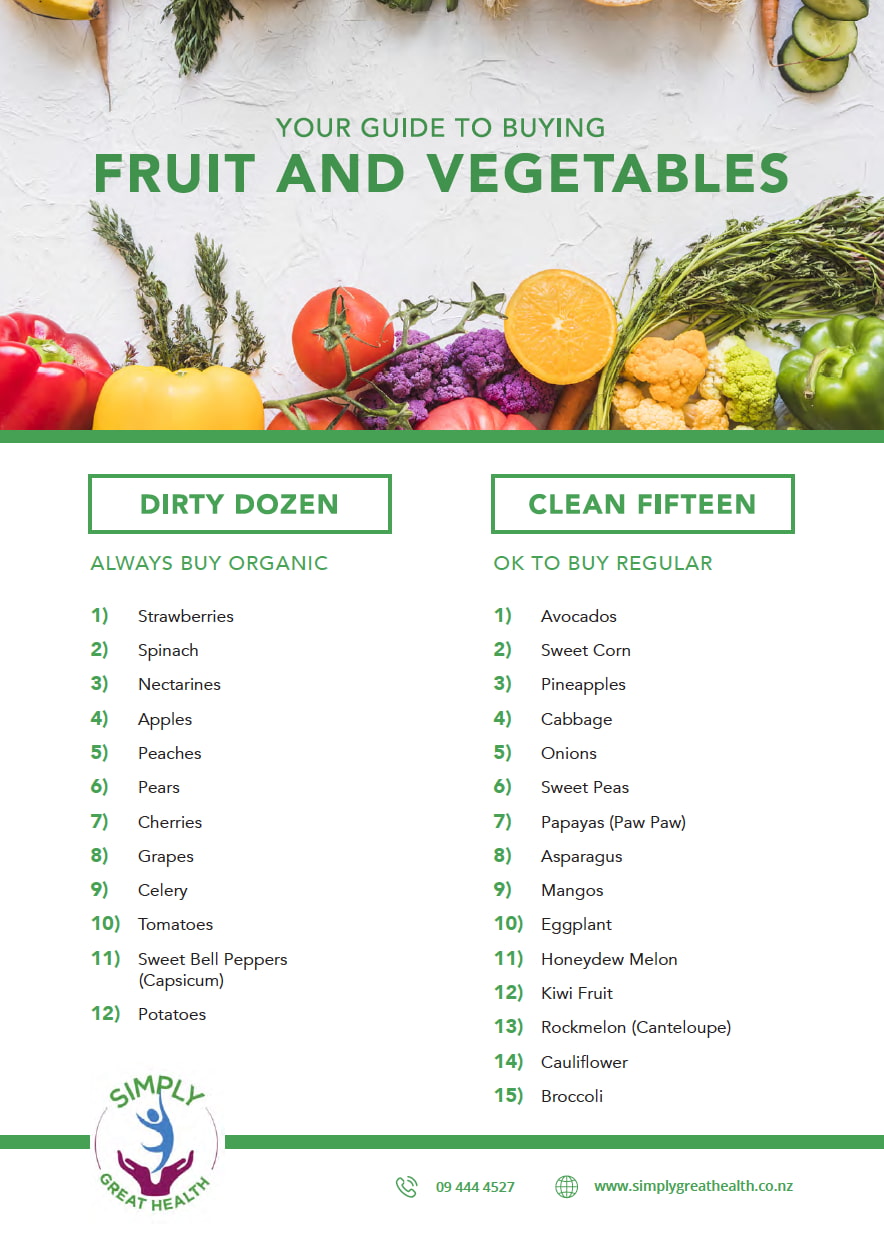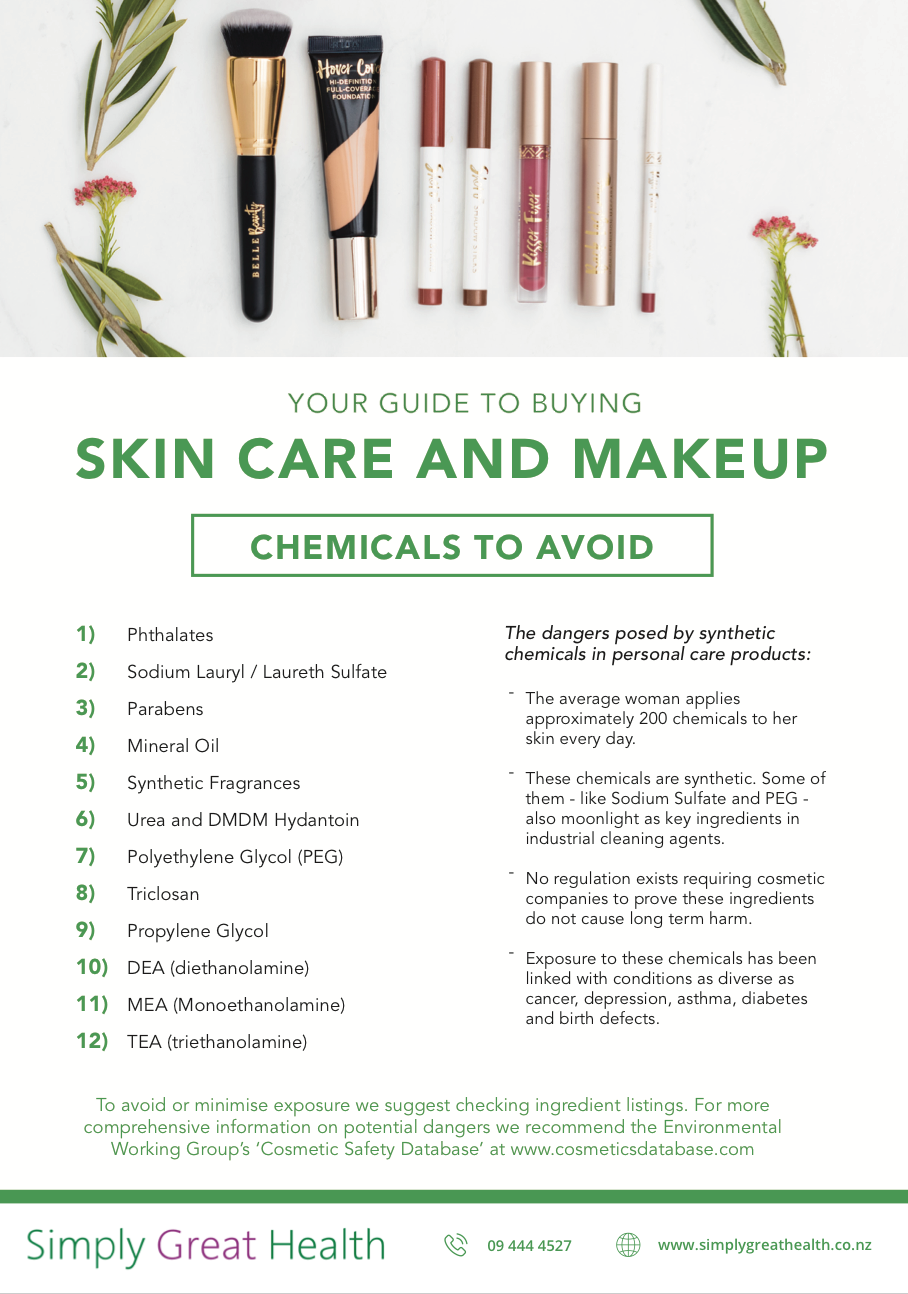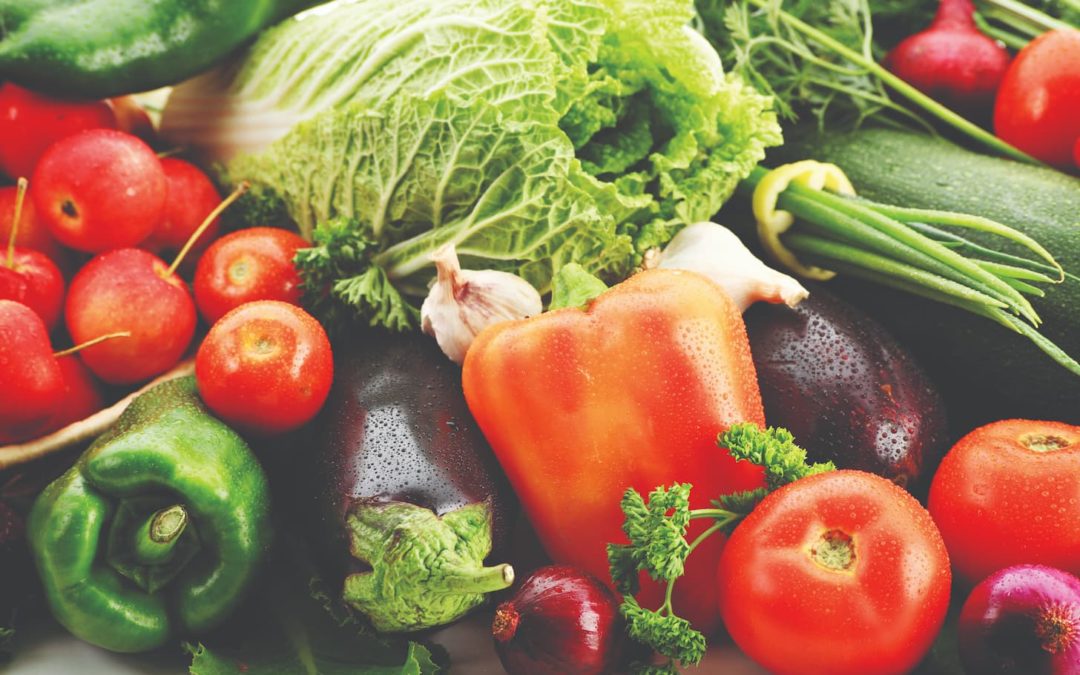

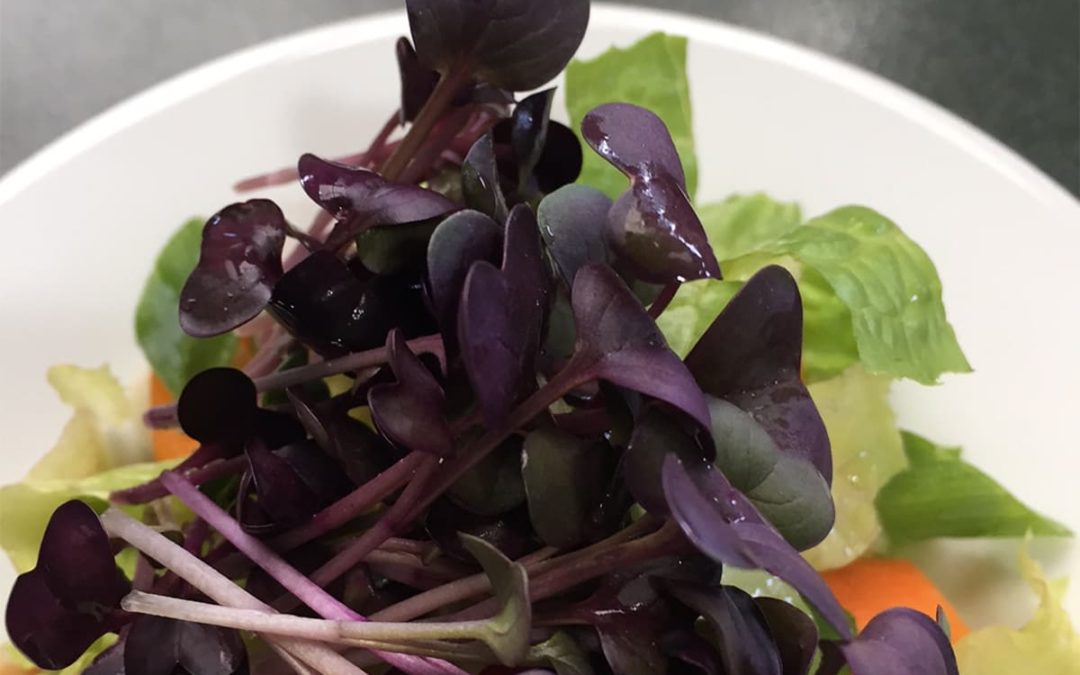
Food For Medicine
James Wong stated in his book Grow Your Own Drugs stated “we rely on plants to provide almost everything around us, the foods we eat, the clothes we wear, the medicines we take, and without sounding too eco – the very air we breath” James Wong 2010.
Plants help provide the essential nutrients our bodies need to stay healthy and an excellent way to eat young nutrient filled greens is to grow your own. Micro greens contain up to 40% more nutrients than fully mature plants. So what better way to experience the health benefits of these than to grow your own
Micro-greens
Growing micro-greens is an excellent way to eat young nutrient filled greens. Harvest time is typically 7-14 days. Common varieties include alfalfa, basil, beets, broccoli, celery, chervil, coriander, cress, fennel, flax, lettuce, mizuna, mustard, parsley, peas, radish, red clover, rocket, spinach, and more.
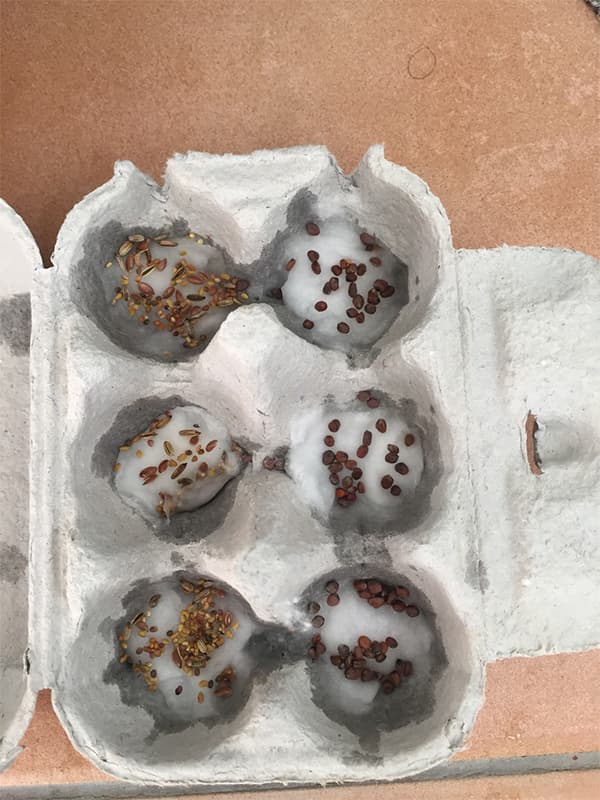
- Scatter the seed generously over the soil and cover with a very thin layer of soil (0.5 cm). Water using a spray bottle to dampen the soil. If using cotton wool, no need to add any soil. Leave in a warm, protected spot until germination begins. Cover with a paper towel optional to prevent the seed from drying out. Then move to a bright position i.e. sunny window sill or sheltered outdoor area.
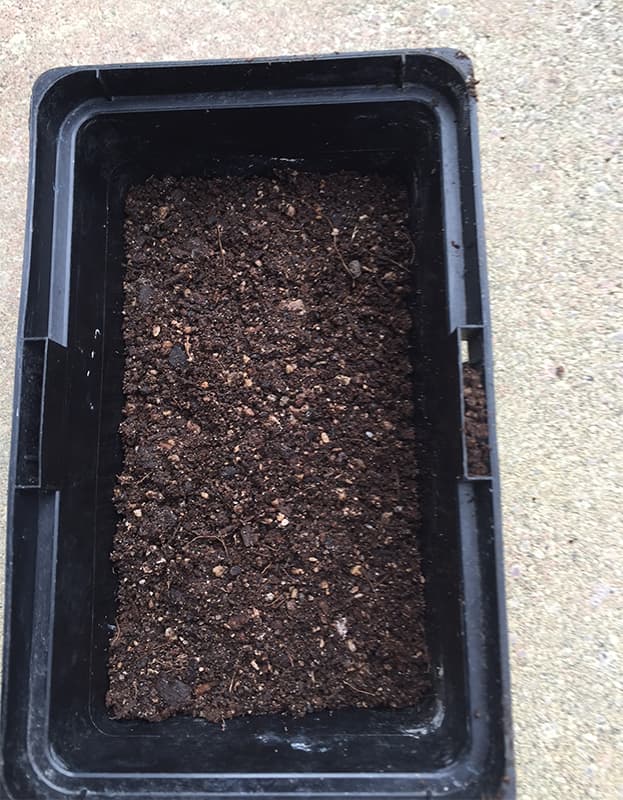
- Water regularly using the spray bottle, avoid letting the seeds dry out and do not drown as this encourages rot.
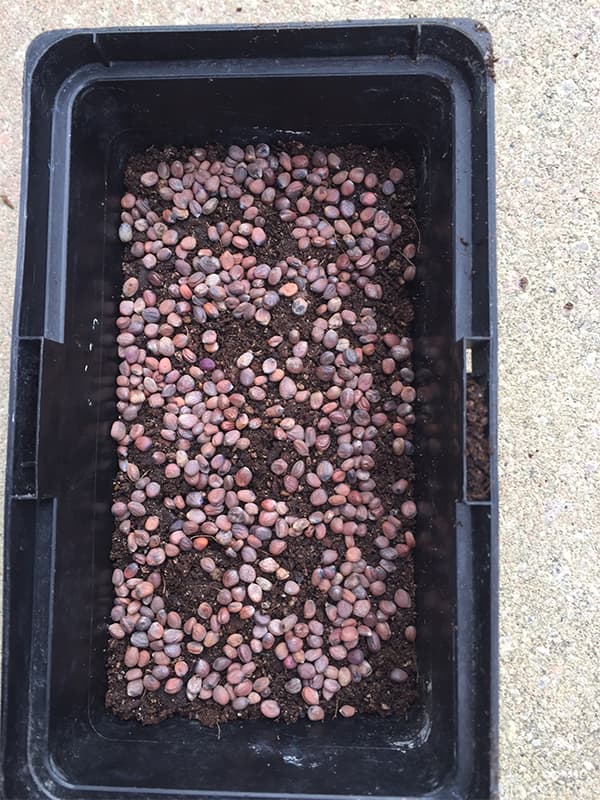
- Once the seedlings are approx. 4 cm tall, they are ready to snip with scissors. Cut above the soil line. Rinse if any soil is attached and sprinkle directly onto your salads. You can choose to cut at the cotyledon leaf or at the true leaf stage or wait and grow onto baby leaf stage.
- Sow small amounts of seeds regularly i.e. every week or second week to ensure a continuous supply.
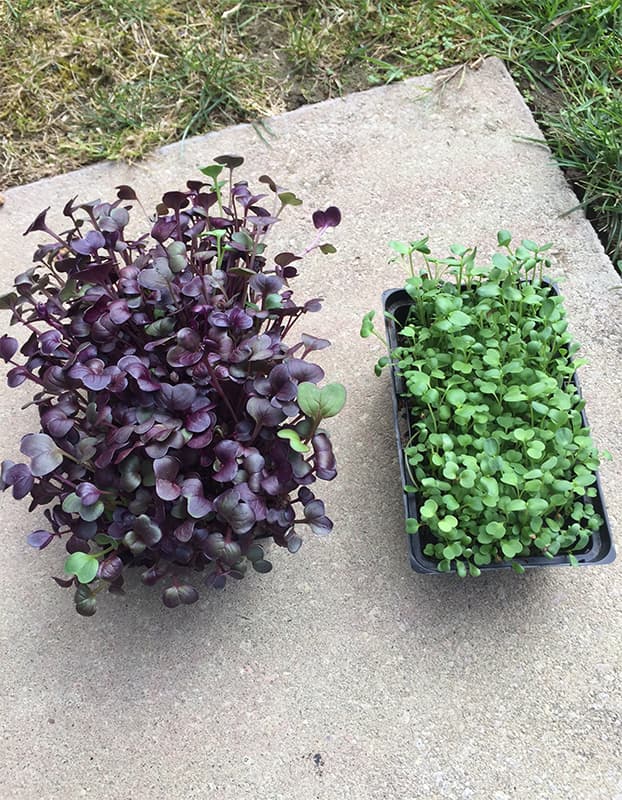
Trouble shooting
- For larger size seeds i.e. peas/beans/beets it is recommended to soak to seed in water for 24 hours before sowing to enhance germination.
- Leggy seedlings indicate lack of light, move to a brighter position and rotate the tray to encourage even growth.
- Mouldy seedlings – don’t flood the seedlings, try sowing fewer seeds in the tray and increase air circulation by moving to a more breezy area.
- Plant different varieties into separate trays/containers as they do vary in germination times.
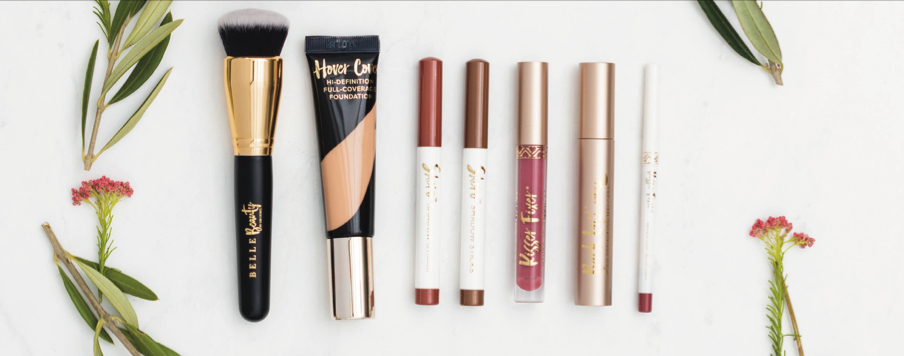
Your Guide to Buying Skincare & Makeup
Give Your Liver A Little Love This Christmas
With the Christmas Season upon us now is a good time to give you liver a little love, reducing your toxic load is a fantastic start. Here is a list of chemicals best avoided found in some make up and skin care products. Click the image below to download and print off the smaller version and keep in your purse to refer to when out shopping.
Alternatively, you can click here.

Bee Happy
There are literally thousands of species of bees in our world, but one we all know so well is the western honey bee (Apis mellifera).
These wonderful little insects do so much for us, in fact we would be in serious trouble without them and their insect friends. Did you know that bees are responsible for pollinating around 80% of the food crops we eat. Some crops do depend on the wind and animals for successful pollination, but many others such as apple, peach and cherry trees, cucumbers, tomatoes, beans to name a few all rely on bees to help with pollination. What is even more special and unique about the humble bee is it is the only insect that produces food for us! That being the delicious honey we like to sweeten foods with or put on toast. Manuka honey can be particularly helpful when feeling under the weather with the sniffles. Due to the high phenolic and methylglyoxal content of manuka honey it has useful antibiotic properties that may assist with wound healing.
Unfortunately in recent years we have seen a decline in the honey bee population, possibly due to varroa mites, the use of pesticides and herbicides, some of these being toxic to not only bees, but other beneficial insects and even birds. We also need to consider loss of habitat. As our cities and roading networks grow these often encroach on the natural habitat and food sources of the honey bee. However not all is lost!
Bees need a few things to survive, these being pollen, nectar and water and of course a home. Pollen produced on the anthers of flowers is the bees main source of protein, nectar provides energy for the bee and is a source of carbohydrate.
Gardeners To The Rescue
Spring is in the air, a time of renewal and planting. Perhaps a time to think about the honey bee. As well as planting bright flowers that cheer us up and make our garden’s look great we can also think about planting some flowering herbs that attract honey bees. It seems that bees are most attracted to blue, blue violet, white, and yellow flowers. Good idea to keep this in mind when planting our bee friendly gardens.
Some plants to consider
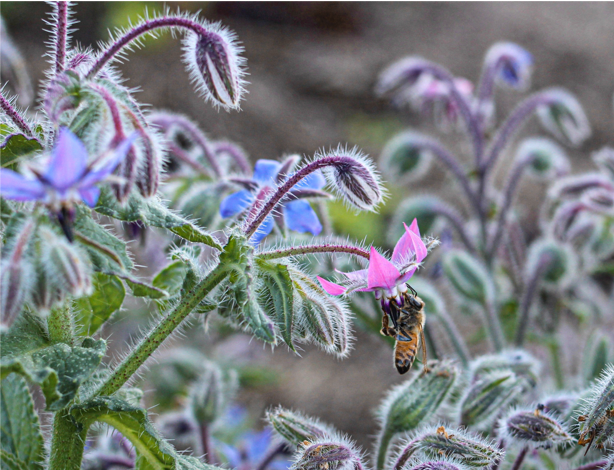
Borage (Borango officinalis) – a sturdy annual with bright blue star shaped flowers, bees are crazy for these.
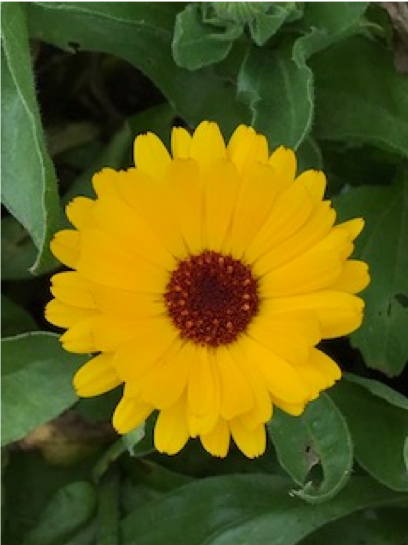
Callendula (Calendula officinalis) – such a cheerful plant to have in your bee garden, full of pollen with the flower head making a nice flat landing pad for the bee. A popular plant with herbalists, topical use of the tincture and oil handy for supporting healthy skin.
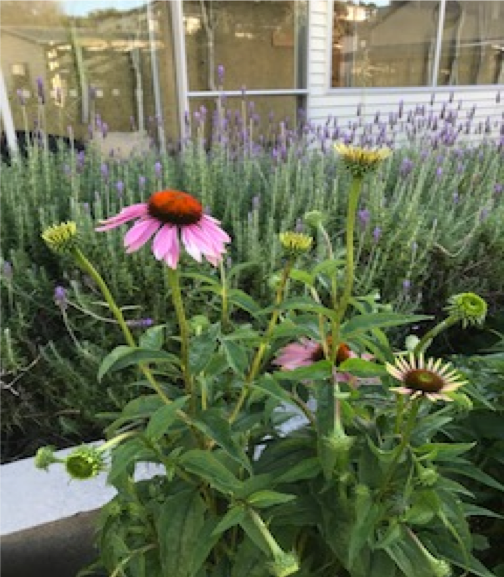
Echinacea (Echinacea purpurea) – also known as coneflower and very popular with the bees. Also very popular with many herbalists. Have you tried that fabulous tongue tingling tincture? great for supporting a healthy, balanced immune system.
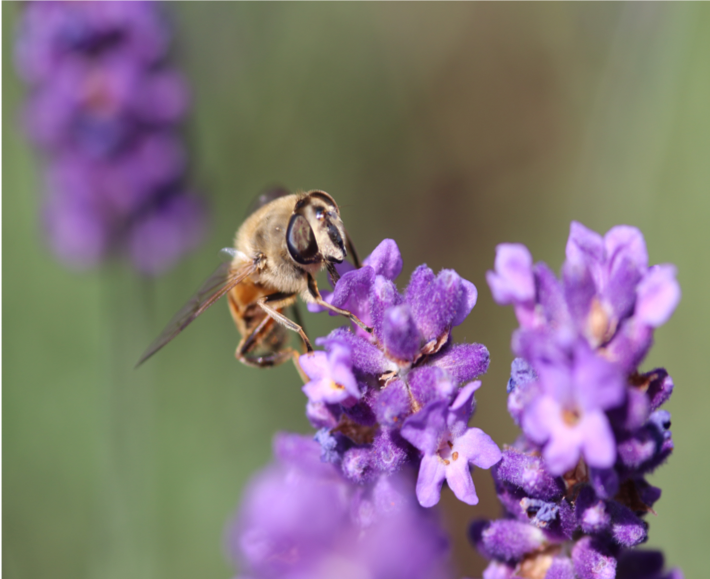
Lavender (Lavandula angustifolia) – not only a firm favourite of the bees but of me too. When feeling a little stressed just gently rub your hands across the leaves, cup hands up at your nose and breath in the relaxing aroma.
Don’t forget “so called” weeds such as dandelions, great for us, can be added to salads full of nutrients and supportive of a healthy liver but also a firm favourite of the bee. So come on let’s do our best to support the bees as they so cleverly support us.


Simple Steps To Take Care Of Yourself
We are sharing a list of simple steps you can take at this time to take care of yourselves and your loved ones (Thanks to Gould’s Apothecary’s (TAS) for some of this information)
This list of suggestions has been compiled with the intention of providing you with some simple steps for actions you can take at home, or recommendations for things that you can access fairly easily. Please Note these treatments have the potential to support your general health and immune resilience, but to be clear, none of them have any proven action in preventing or treating coronavirus infection.
Of Course No 1. regularly wash hands with warm soapy water and practice good coughing and sneezing hygiene.
Garlic
Eat plenty of raw crushed GARLIC. It doesn’t matter if you smell, it will help with our social distancing protocols and we can all have garlic breath together! Garlic is one of nature’s best antimicrobials, and it is quite amazing in that it appears to be selective in its action – it doesn’t wipe out your good bacteria. You don’t necessarily have to chew it but can cut into small pieces and swallow. However ensure you are eating the raw garlic according to your own tolerance as not everyone can stomach it. You can also add crushed garlic to a meal just before consuming it, or having it with avocado on wholesome bread, this may help its improve tolerability. Local organic garlic is best if you can access it, but don’t worry if you can’t – eat what you can find.
https://www.ncbi.nlm.nih.gov/pubmed/?term=PMC4103721
Green Tea
Gargle and drink GREEN TEA. Consuming green tea, in particular gargling it, has been shown to reduce the risk of contracting influenza and the common cold. The tannins in green tea have been shown to have broad antiviral effects topically. In one study, residents in an aged care facility gargling the equivalent of ½ cup of green tea three times daily were more than 15 times less likely (OR 15.7) to catch the flu https://www.ncbi.nlm.nih.gov/pubmed/?term=16970537
Honey and Lemon
Don’t forget the good old fashioned honey and lemon drink if starting to feel unwell, it has possible medicinal benefits and is a comforting drink when feeling under the weather. The use of honey for fighting infections dates back to ancient times. Honey especially the active Manuka honey may have antimicrobial, antibacterial antioxidant properties.
https://www.ncbi.nlm.nih.gov/pmc/articles/PMC5424551/
For extra kick add a little freshly grated ginger. Anecdotal evidence suggests ginger may have some antiviral activity.
https://www.ncbi.nlm.nih.gov/pubmed/23123794
Vitamin D
You may like to consider taking a Vitamin D supplement. Even though we have had a beautiful summer full of sunshine, we do tend to slip, slap slow to help prevent skin cancer and so our vitamin D levels may not be optimum. A number of studies have shown that taking vitamin D, particularly in people who are vitamin D deficient, reduces the chances of developing acute respiratory infections including influenza. Most studies reviewed used adult doses ranging from 2000IU to 4000IU a day, which is known to be safe to take long term even in the absence of deficiency https://www.ncbi.nlm.nih.gov/pubmed/?term=30675873
Probiotics and Probiotic Foods
Eat probiotic foods daily. Consuming probiotic foods regularly such as kefir, kimchi, sauerkraut, a probiotic yoghurt (want to have low sugar) or taking a probiotic supplement has been shown to reduce the risk of developing an upper respiratory tract infection. All of these can be consumed daily.
https://www.ncbi.nlm.nih.gov/pubmed/?term=25927096
Nutrition
Eat nutritious foods, this is a great time to aim for a rainbow coloured plate of fruit and veg. The different colours contain different phyto nutrients that can support our immune system. Perhaps consider then increasing your plant based foods, including nuts and seeds, fruit and vegetables as these also help to feed your beneficial gut bacteria, which will assist you with immune resilience along with helping to ensure you have a healthy intake of vitamin C and other nutrients important for immune health.
Cut down on processed foods especially those containing damaged fats (hydrogenated) and sugars. These negatively impact your overall health and immune system. Don’t overindulge with alcohol. Binge drinking is bad for your gut flora, and also impairs immune function and increases the severity of respiratory tract infections
https://www.ncbi.nlm.nih.gov/pmc/articles/PMC4590612/
Cosy Home
Keep your home above 16°C, which is especially important in the winter months. Having a cold home reduces respiratory resilience and increases susceptibility to and mortality from respiratory tract infections. This is especially important for people who are elderly, asthmatic or have other chronic/recurrent respiratory conditions.
http://www.instituteofhealthequity.org/…/the-health-impacts…
Basic Health Guide
- Get enough sleep
- Maintain a healthy exercise regime (can be done at home, put on some favourite music and dance around the room as if no one was watching you)
- Try to keep stress levels in check (try meditating, and belly breathing exercises)
- Eat well
- Find three things to be grateful for each day
- Find Something to laugh at each day
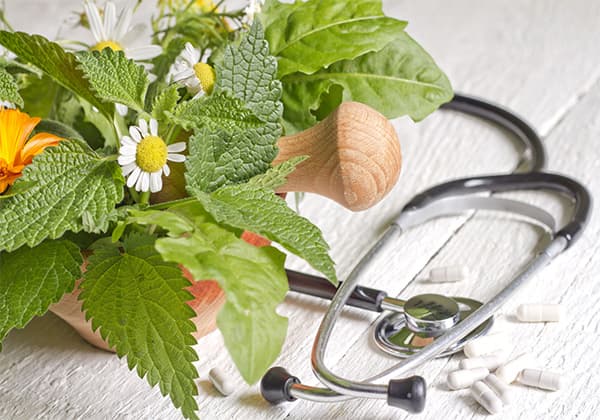 Keep any medicines you regularly use in stock and within date. This includes pharmaceuticals (check your scripts are also in date), herbal remedies and nutritional supplements. If you need extra advise on supplements and Herbal remedies get in touch with us at Simply Great Health (09 4444527)
Keep any medicines you regularly use in stock and within date. This includes pharmaceuticals (check your scripts are also in date), herbal remedies and nutritional supplements. If you need extra advise on supplements and Herbal remedies get in touch with us at Simply Great Health (09 4444527)
If you do get sick, don’t panic, most people will experience mild symptoms but please minimise your contact with other people, and follow the guidelines about self-isolation, this will help protect the more vulnerable members of our community. Follow Ministry Guidelines https://www.health.govt.nz/our-work/diseases-and-conditions/covid-19-novel-coronavirus
Finally as our Prime Minister keeps reminding us Be Kind to One Another, look out for friends, family and especially our older generation.
